By Jeff Tryka, CFA, Senior Director
As Congress seeks to reach an agreement on a $2 trillion stimulus package to assist individuals, families, small businesses, and corporations navigate the unprecedented impact of the COVID-19 pandemic on the U.S. economy, we’re keeping an eye on the potential uptick in shareholder activism this stimulus package might bring. A variety of publicly traded companies will likely experience various conditions being placed on receiving government support programs, similar to what we saw during the financial crisis of 2008-09. Whether they’re restrictions on management compensation, higher minimum wages, or a variety of other requirements that have been discussed over the past few days, there is an interesting shift in this dynamic.
As an example of the potential uptick in shareholder activism we might see throughout the balance of the year, Punch Card Capital filed a Form 13D this week with a letter sent to the Board of Directors of Winnebago Industries (NYSE:WGO), outlining the investment firm’s concern regarding Winnebago’s response to the pandemic. As background, Punch Card owns approximately 2.4 million shares of Winnebago, or about 7.1% of their outstanding shares, but interestingly, they purchased nearly 1 million shares in the two weeks prior to their filing. Winnebago, for its part, issued a press release on Monday announcing temporary closures at most of its production facilities for RVs and boats. In that release, the Company announced it would provide employees with base pay and benefits for the first two weeks of a three-week shutdown. Absent from this release was any mention of other actions to reduce costs to help the Company get through the current conditions, including any mention of management compensation or corporate expenses. This lack of detail brought the ire of Punch Card’s managers.
In the letter sent to Winnebago’s Board of Directors, Punch Card outlined a series of concerns, including calling into question the “unforeseeable change in the business circumstances” in a highly cyclical industry, concerns surrounding the Company’s leverage, and the apparent lack of shared sacrifice during this time. The letter highlights absent reductions in pay or expenses at the Company’s headquarters, recommending that the “CEO should follow this example of leadership by foregoing his pay ($2,775,830 in 2019) as long as his employees are being required to forego theirs.” The letter also expresses concerns about the “considerable level of corporate expenses, including all private jet expenses.” Finally, Punch Card asks that the dividend be eliminated.
While we may debate the merits of this activist shareholder’s concerns and recommended actions, there can be no debate that the letter highlights the impact of investor communications on broad audiences. It could be reasoned that Winnebago’s investor relations team was trying to address a myriad of questions received over the past several weeks on topics like liquidity, inventory positions and the health of the channel, but, in this instance, the Company failed to effectively address how this messaging would be received by non-investor audiences, such as line workers who may be living paycheck to paycheck – ultimately asking these employees to sacrifice without any mention of shared expense across the Company. In an environment where ESG concerns have been increasing among a broad range of institutional investors, we as investor relations professionals should not be surprised when our largest shareholders hold us and our management teams accountable to treating every member of our team fairly and with the respect they deserve.
Companies have a distinct responsibility for all of its stakeholders, and we must ensure that these audiences are highly considered and accounted for across all decision-making and communications efforts.

